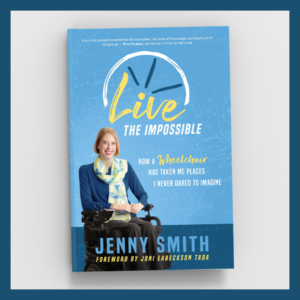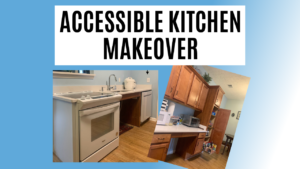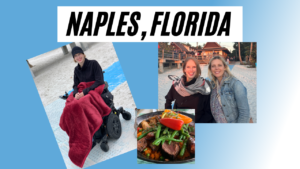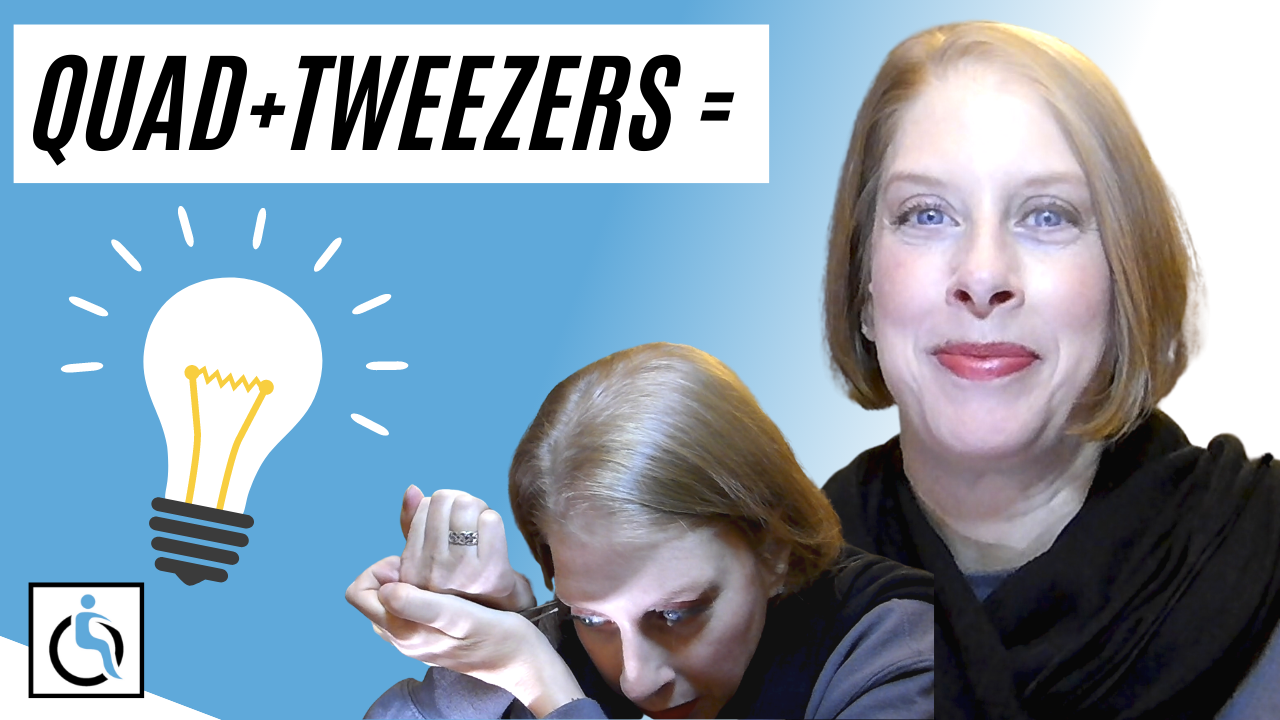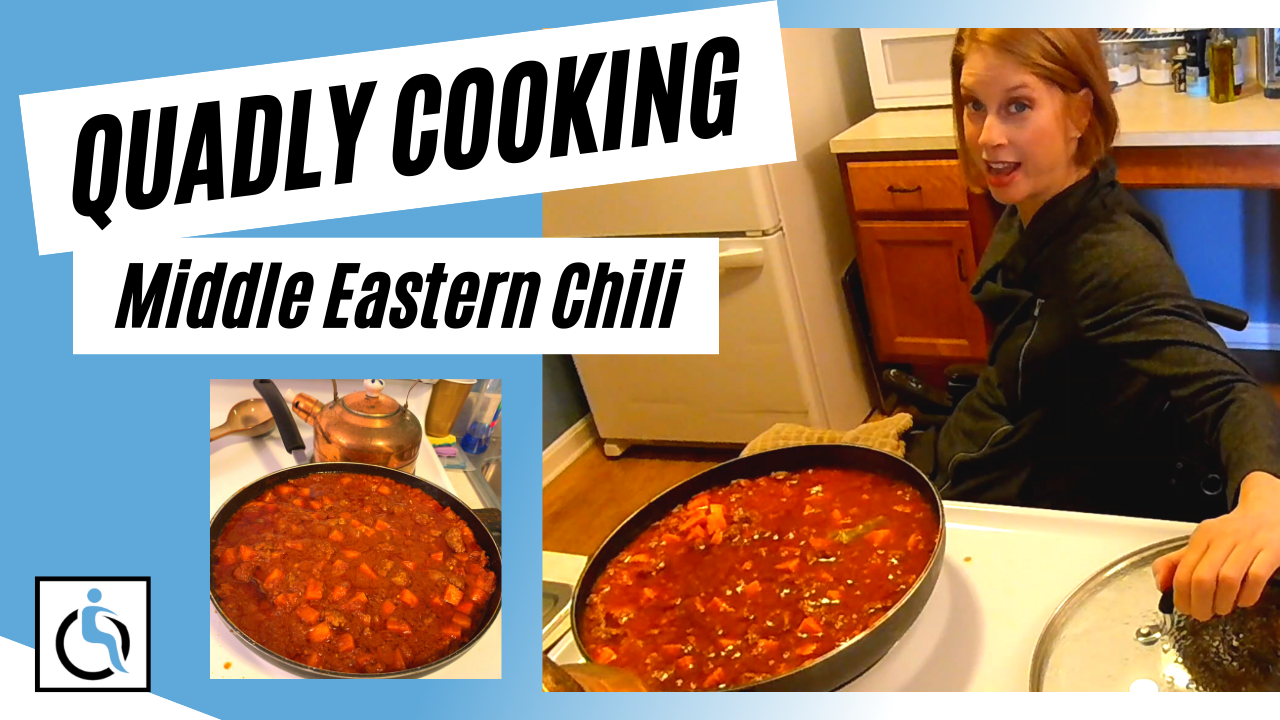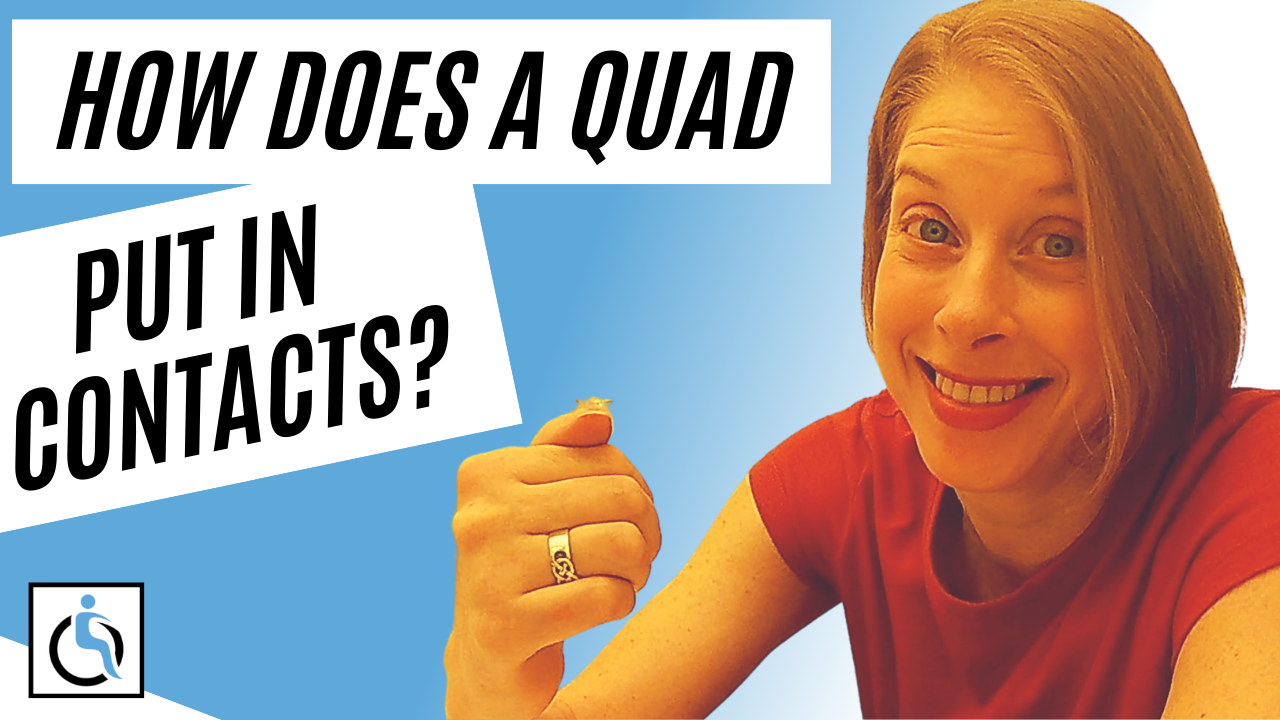Many people with SCI have experienced loss of relationships after their injury. Friends, family, teammates, spouses. Why do these relationships end? That’s an article for another day.
But loneliness on top of the losses of independence and identity can be suffocating. Relationships, healthy ones, are life-giving and rejuvenating. A hearty laugh is good for the soul. A meal with friends gets us out of the fog of the hopelessness that we can experience at times.
But how do we build community?
I’ll tell you one thing: it won’t happen on its own. You must be intentional with relationships.
After my injury I did lose several close friends. I don’t believe it was entirely due to my injury. Friends went off for college and, as is typical, we moved on. This happens throughout the course of our lifetimes.
I learned I needed to be intentional in building, or rebuilding, my community. Relationships don’t happen overnight. And in a culture that is increasingly disconnected from one another, we need to be even more proactive in relationship-building.
What are some ways to intentionally build community and relationships?
1. Get involved
When I moved into my condo that was 25 minutes away from my parents’ house, I intentionally joined the board of the Home Owners Association. I met neighbors, became aware of issues in my area and used my administrative skills as secretary. When – somehow – my leg got wedged in between my chair and bed on a transfer into bed, I felt comfortable enough to call a neighbor and ask for help. During tornado warnings, I have welcomed my upstairs neighbors into my closet as we waited out the storms.
2. Whether it’s fatigue, fear, or the time and effort it takes to get ready, just do it
Saturday mornings at 6 a.m. when my alarm goes off, I often want to just go back to sleep. But I have to keep in mind the pleasure I receive from rowing on the river. After practice, I catch with my coaches and other rowers – all who are now friends. Whatever you enjoy doing, find a group that shares your love and experience it with them.
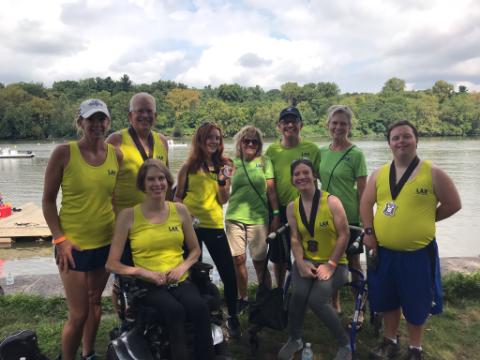
In need to practice this on Sunday mornings, too. The group of people who make up my Sunday school class are incredible. Several years ago when I asked if I was attending the class Christmas party, I tried to get out of answering the question. The truth was I couldn’t get into the house because of its three steps. When someone found this out, I had a portable ramp delivered to my workplace that fit in my trunk. No excuse not to go! They wanted me there because I was part of the community.
3. Invite yourself
Yes, it feels awkward. But friends and family forget that just because you don’t have kids doesn’t mean you wouldn’t like to watch their kids’ soccer games or help with their birthday party. How often do I forget about the person without family in town during the holidays? Often. Sometimes we all need a reminder.
4. Invite others to your place
When accessibility is a hindrance, offer to host. You don’t have to cook and be able to host a party like Rachel Ray. Order pizza. Watch Netflix. Play cards (yeah, seriously!). You’ll know you have good friends when you don’t feel the need to clean before they come over.
5. Ask for help
I hear a collective groan from our readers right now. Yes, it’s humbling. Often embarrassing. But more often than not, people do want to help.
6. Offer to help
A friend had driven 35 minutes, with her kids in tow, when she heard I needed some assistance. I was grateful. As we talked in my living room, she mentioned how she had to go grocery and Christmas shopping, but she just didn’t know how she was going to get it done with the kids with her.
“Go,” I said.
“Go where?” she asked.
“Go shopping. I can watch the kids for a couple hours.”
Reciprocity. Yes, I needed to ask for help. But she needed help and she allowed me to help. That’s what relationships are all about.
7. Get to know others with disabilities in your area
I’m fortunate to get to meet people with new SCIs at our local rehab hospital in town. I also have friends from sports, the women I know through Ms. Wheelchair Kentucky and people from various other activities. I learn from them and they learn from me. More importantly, they get it. They understand the frustrations we experience on a daily basis that other friends and families members don’t comprehend.
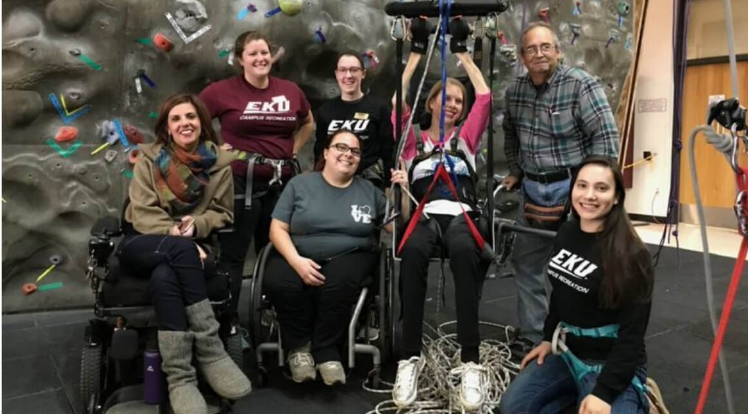
This is my challenge to you: with the change in seasons and the holidays approaching, don’t live life alone (or behind a screen). We were made for community. Be intentional in finding relationships where you share life with others. Reciprocate. Invite. Engage. Don’t expect it overnight.
But do it.
This article was originally published by Jenny on BardCare.com.
